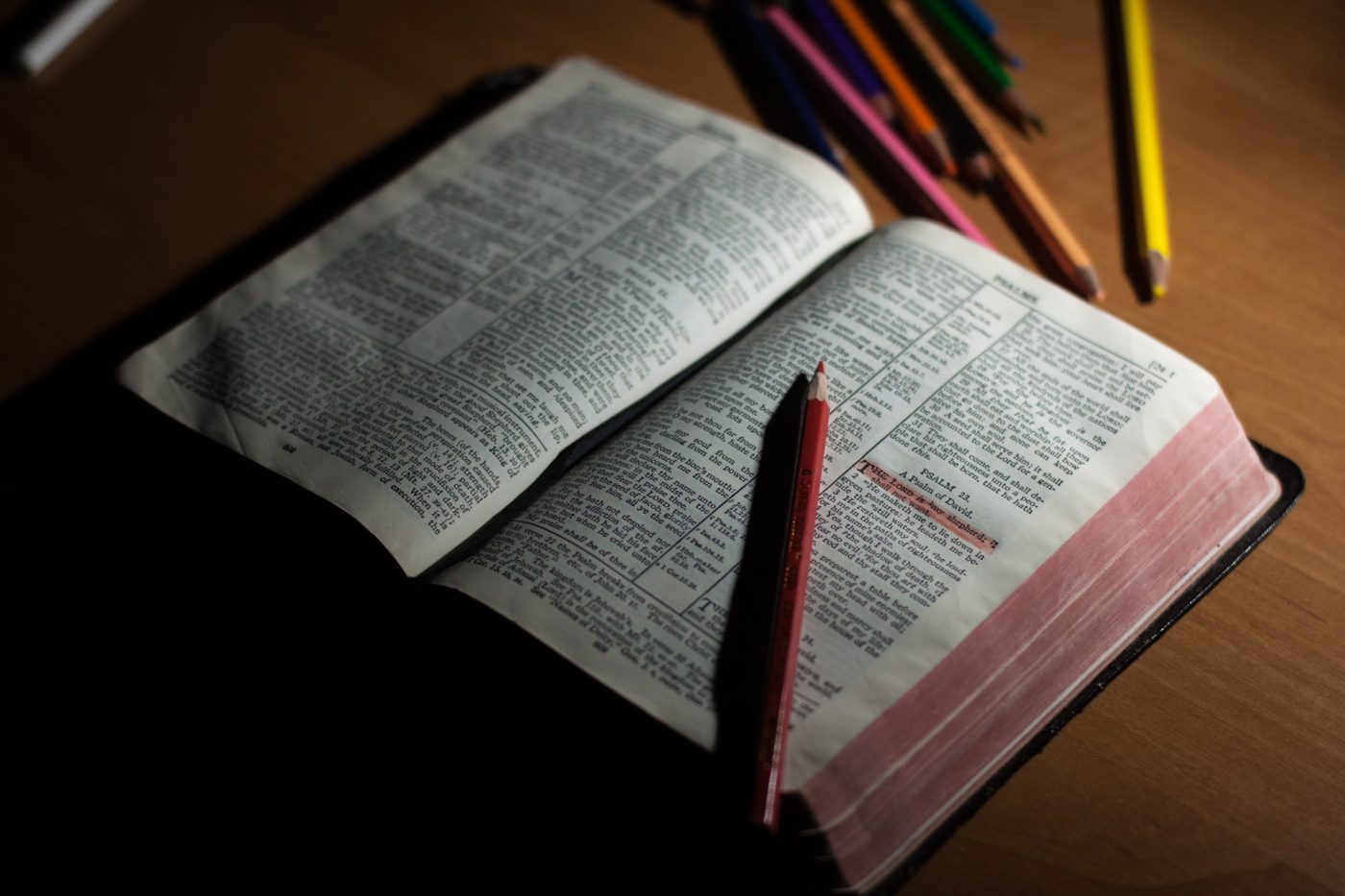In Zechariah 1:1, we learn that “the word of the LORD came to Zechariah the son of Berechiah, the son of Iddo the prophet” (NKJV). It is the same Zechariah whom Ezra notes as being a prophet “to the Jews who were in Judah and Jerusalem” (Ezra 5:1) and as helping the people prosper as the temple was rebuilt (Ezra 6:14). Moreover, we learn from Nehemiah that Zechariah served not only as God’s prophet, but he was also a priest and head of house (Neh. 12:12, 16). In all that he did, Zechariah served God faithfully.
Prophesying to God’s people after their captivity, it is fitting that Zechariah’s name means “Yahweh [i.e., Jehovah] has remembered.”[1] Jehovah God remembered His people through their captivity, and He remained with them following their return home. Although God remembered them, the people had failed to remember Him. It was time for God’s people to turn back to Him (Zech. 1:3-4). It was time for God’s people to carry out His will in their lives.
Admittedly, Zechariah can be a challenging book due to the nature of his writing. Much of Zechariah’s prophesying is apocalyptic with colorful scenes and images. While this can create a layer of difficulty in understanding God’s message, it does not make the task impossible. Zechariah’s message can be split into two main sections: his prophesying while the temple was being rebuilt (Zech. 1-8) and his prophesying following the completion of the temple (Zech. 9-14). Among the lessons taught by Zechariah, one recurring theme throughout the book is how God’s kingdom would one day expand beyond the children of Abraham (Zech. 2:11; 6:15; 8:23; 14:16). More importantly, Zechariah teaches us about the coming Messiah. He speaks of the Messiah as coming to “dwell” among the people (Zech. 2:10ff), as both a “Servant” and as “the BRANCH” (Zec. 3:8ff; 6:12ff), as a humble, peaceful King (Zech. 9:9ff; 14:8ff), as the One “pierced” (Zech. 12:10), and as the “Shepherd” (Zech. 13:7).
Despite all that Zechariah did as God’s servant, God’s people still rejected him and stoned him “in the court of the house of the LORD” (2 Chron. 24:21; Matt. 23:35). May we be careful not to reject God’s message as did those living before the days of Zechariah (Zech. 1:2-4), during the days of Zechariah (2 Chron. 24:20-21), and after the days of Zechariah (Matt. 23:34-36). May we take care to remember God as He has remembered us, and may we determine to live faithful lives dedicated to Him.
[1] HALOT, s.v. “זְכַרְיָהוּ,” 1:271.
By: Preston McElyea


